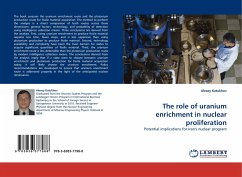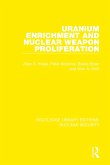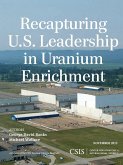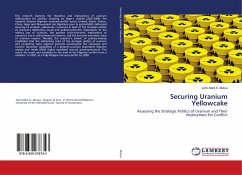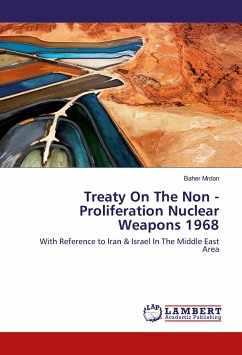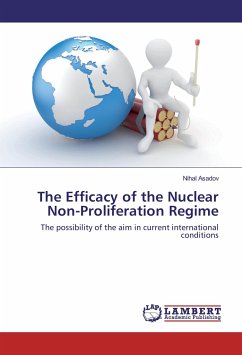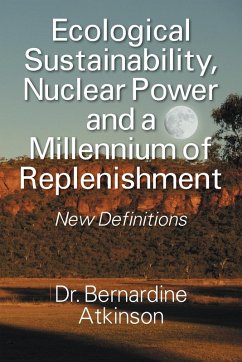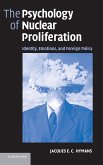The book assesses the uranium enrichment route and the plutonium production route for fissile material acquisition. The method to perform the analysis is a direct comparison of both routes across three dimensions: general factors, technology, and probability of detection using intelligence collection means. Three conclusions are derived from the analysis. First, using uranium enrichment to produce fissile material requires less time, fewer steps, and is less expensive than using plutonium production to produce fissile material. Second, technology availability and complexity have been the main barriers for states to acquire significant quantities of fissile material. Third, the uranium enrichment route is less detectable than the plutonium production route by modern intelligence collection means. The conclusions derived from the analysis imply that if a state were to choose between uranium enrichment and plutonium production for fissile material acquisition today, it will likely choose the uranium enrichment. Policy recommendations are developed to ensure that uranium enrichment route is addressed properly in the light of the anticipated nuclear renaissance.
Bitte wählen Sie Ihr Anliegen aus.
Rechnungen
Retourenschein anfordern
Bestellstatus
Storno

